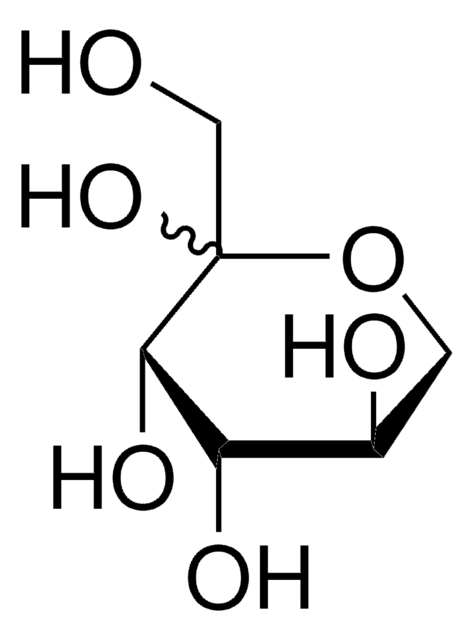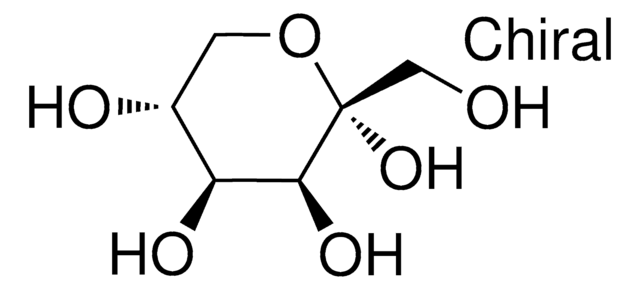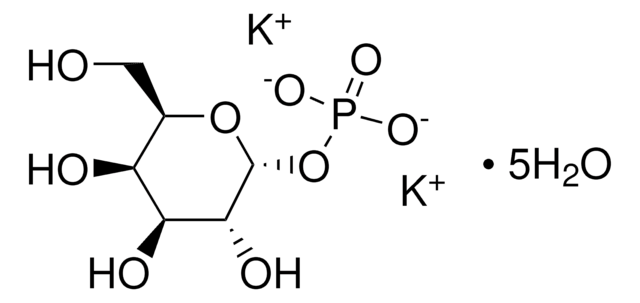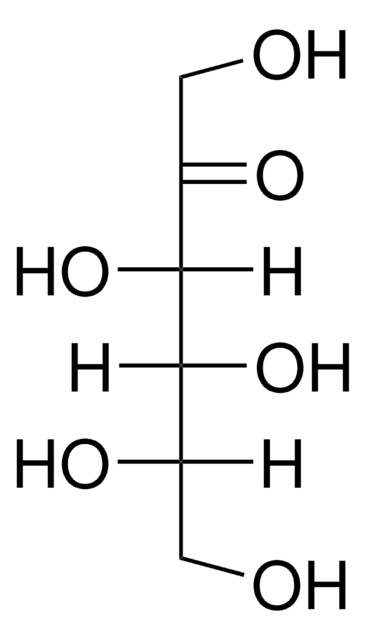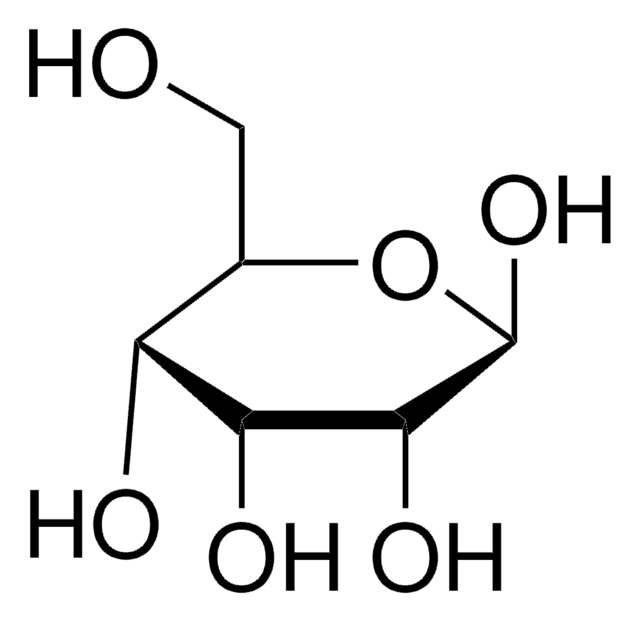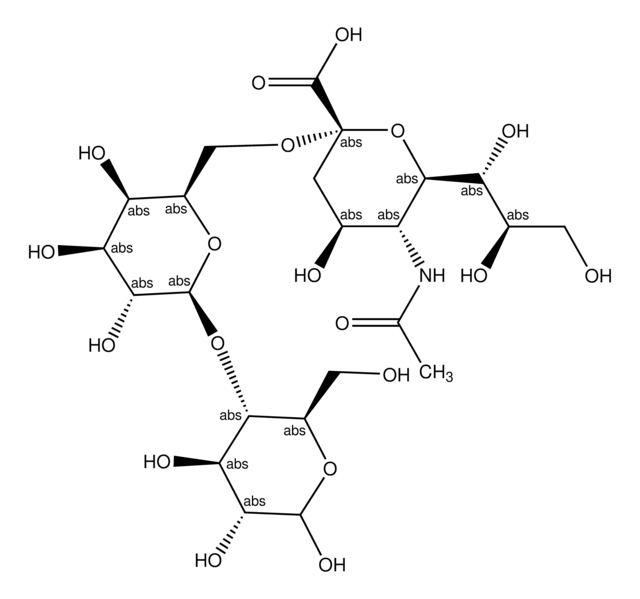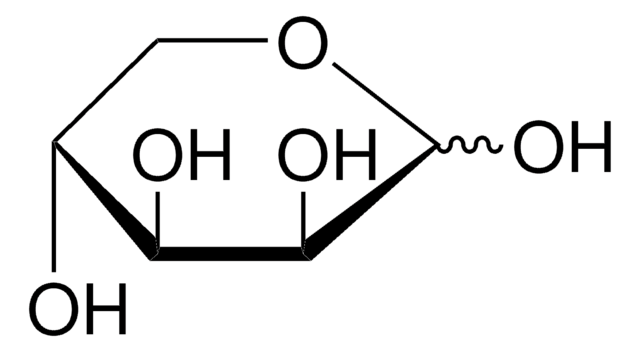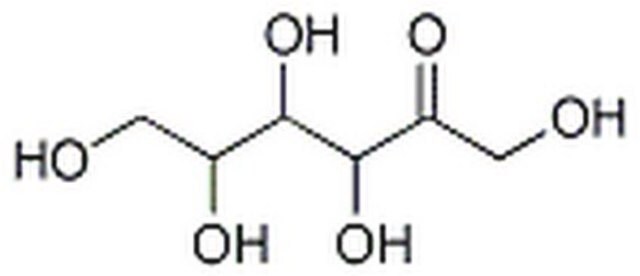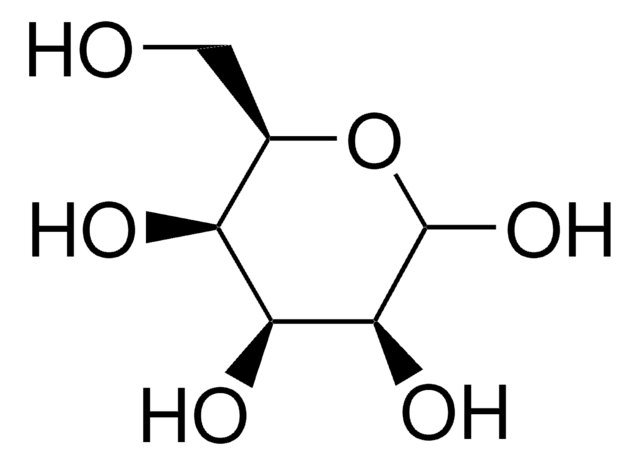T2751
D-(−)-Tagatose
≥98% (HPLC)
Synonym(s):
D-lyxo-2-Hexulose
About This Item
Recommended Products
biological source
synthetic
Quality Level
Assay
≥98% (HPLC)
form
powder or crystals
optical activity
[α]25/D -6.5 to -5.0 °, c = 1% (w/v) in water
sweetness
0.9 × sucrose
technique(s)
HPLC: suitable
color
white
solubility
water: 50 mg/mL, clear to very slightly hazy, colorless
storage temp.
room temp
SMILES string
OC[C@@H](O)[C@H](O)[C@H](O)C(=O)CO
InChI
1S/C6H12O6/c7-1-3(9)5(11)6(12)4(10)2-8/h3,5-9,11-12H,1-2H2/t3-,5+,6-/m1/s1
InChI key
BJHIKXHVCXFQLS-PQLUHFTBSA-N
Looking for similar products? Visit Product Comparison Guide
Application
Biochem/physiol Actions
Other Notes
Storage Class Code
11 - Combustible Solids
WGK
WGK 3
Flash Point(F)
Not applicable
Flash Point(C)
Not applicable
Personal Protective Equipment
Choose from one of the most recent versions:
Already Own This Product?
Find documentation for the products that you have recently purchased in the Document Library.
Customers Also Viewed
Our team of scientists has experience in all areas of research including Life Science, Material Science, Chemical Synthesis, Chromatography, Analytical and many others.
Contact Technical Service